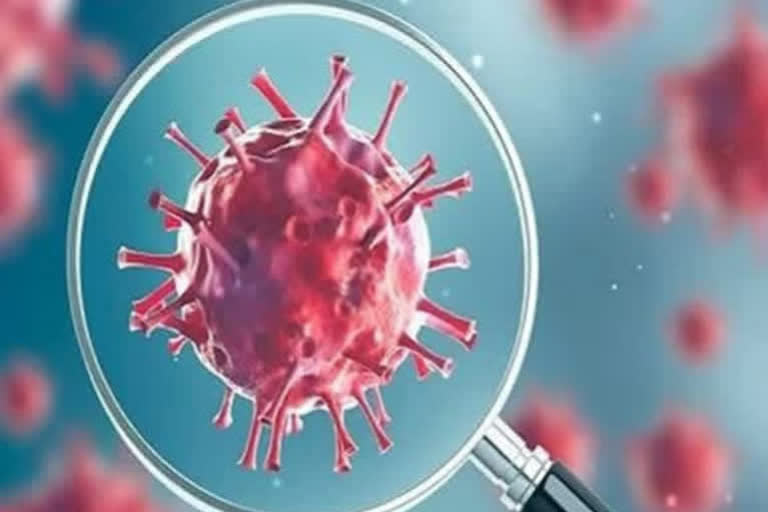New Delhi: As the country marks ''Poshan Maah'' this month, healthcare experts have called for urgent action to address the impact of COVID-19 on the national nutrition mission, saying the pandemic might affect the health of children and pregnant women as they are the most vulnerable to undernutrition.
The government is celebrating the National Nutrition Month or ''Poshan Maah'' in September during which several programmes will be organised to spread awareness on the issues related to malnutrition in children, pregnant women and lactating mothers.
On one hand, food security needs to be ensured, on the other hand, correct nutrition feeding practices need to be promoted in the community, they said.
Sujeet Ranjan, executive director at the Coalition for Food and Nutrition Security (CFNS), said the spread of COVID-19 has impacted the health, nutrition, livelihoods and wellbeing of India's most vulnerable populations and it will have a lasting effect on people.
'One of the fallouts of the COVID-19 containment measures, including the closure of primary schools and Anganwadi centres, is that children in rural India now have to do without that one guaranteed meal, potentially worsening the child malnutrition problem in India,' he said.
Even though the government has ordered state authorities to ensure the provision of take-home rations at the doorstep as well as a cash allowance during the lockdown, efforts to tackle acute malnutrition can still take a hit, he said.
'We can understand that the possible impact would be on the number of meals per day and hence the quantity of food per meal as well. Ensuring diet diversity at the time of COVID also remains a challenge as the main goal during this health crisis and lockdown is the availability of basic food first. Therefore, the quality of the diet is also compromised,' he said.
He suggested that information technology can be leveraged for ensuring services related to maternal and child health such as the use of mobile phones for counselling by frontline workers; use of remote health advisory and intervention services for getting the necessary health information and guidance, strengthening mother and child tracking system, Poshan Helpline number for ensuring healthcare, immunisation services, and regular counselling through specialists.
